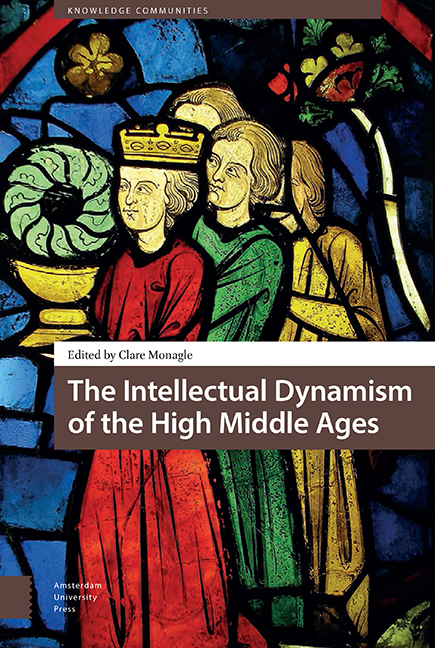Book contents
1 - Carnal Compassion: Peter Abelard's Conflicted Approach to Empathy
Published online by Cambridge University Press: 16 July 2022
Summary
Abstract
Abelard addresses the cognitive-affective concept of empathy (compassio) across a range of his writings. He questions its ethics in his philosophical writings, taking his lead from Seneca's De clementia in viewing empathy as a femininized emotional response lacking in judgment. This Stoic-inspired understanding of empathy becomes more personal in his first-person life writing, the Historia calamitatum, where Abelard explores the negative impact of empathy on his own life as both feeling subject and recipient. Then in seeking to displace himself as the subject of Heloise's sympathetic identification of suffering in favor of Christ and his Passio, Abelard conceptualizes the redemptive love of Christ that will infuse his theological writings, leading to a rejection of the ransom theory of the Crucifixion and presaging the affective piety of the later Middle Ages.
Keywords: Peter Abelard, Compassio, Empathy, Heloise, Redemption, Scholastics, Seneca, Stoicism
Emotions do not feature largely in the writings of Peter Abelard (1079-1142). To a certain extent, he lived and wrote just prior to the affective turn that would energize his Cistercian and Victorine contemporaries, for whom the taxonomizing of emotions and consideration of the impact of emotions on the Christian person formed an integral part of their thinking. Abelard's thoughts do turn often to the caritas of God, but deal less often with the emotional complexion of the human believer. What makes Abelard's approach to compassio, or empathy, so interesting, then, is the tension we can see between his desire to approach the emotion from the perspective of a Stoic philosopher and his need to encompass the infinite mercy of incarnated divine love within his worldview. It should not surprise us, perhaps, that a scholar who compiled the massive Sic et non with its dialectical readings should find himself able to comprehend the idea of empathy from a range of perspectives. Particularly interesting, however, is the generic contingency of Abelard's understanding of the nature and function of empathy, as he considers the emotion from the point of view of ethics as a philosopher, in personal terms as a suffering human, and in relation to the Redemption as a Christian and theologian.
Defining the Terms
There is no term for ‘empathy’ as such in Medieval Latin. The term ‘empathy’ is a late-nineteenth-century invention that arises out of German aesthetic theory and is quickly taken up by the emerging practice of psychoanalysis.
- Type
- Chapter
- Information
- The Intellectual Dynamism of the High Middle Ages , pp. 25 - 42Publisher: Amsterdam University PressPrint publication year: 2021

